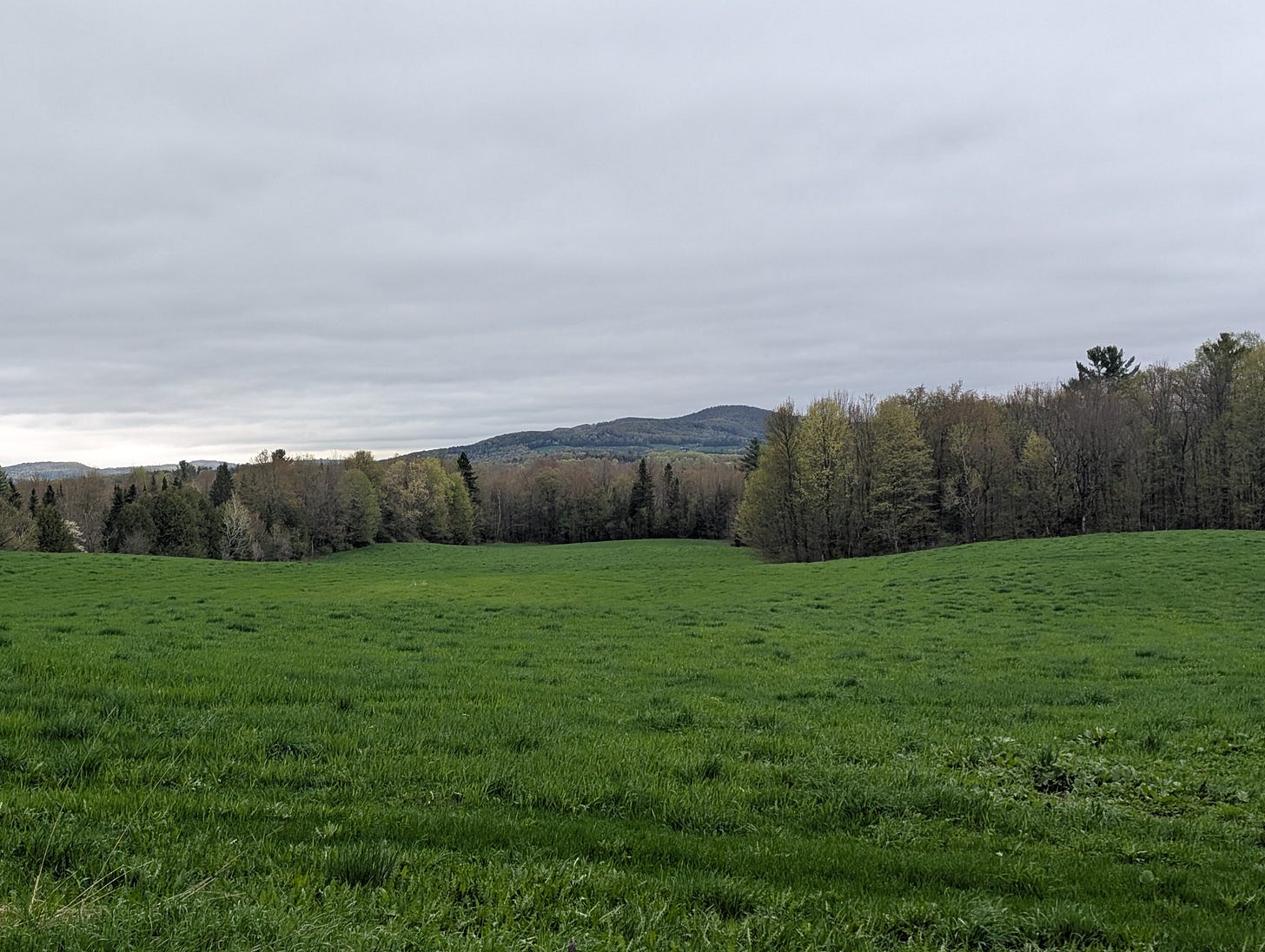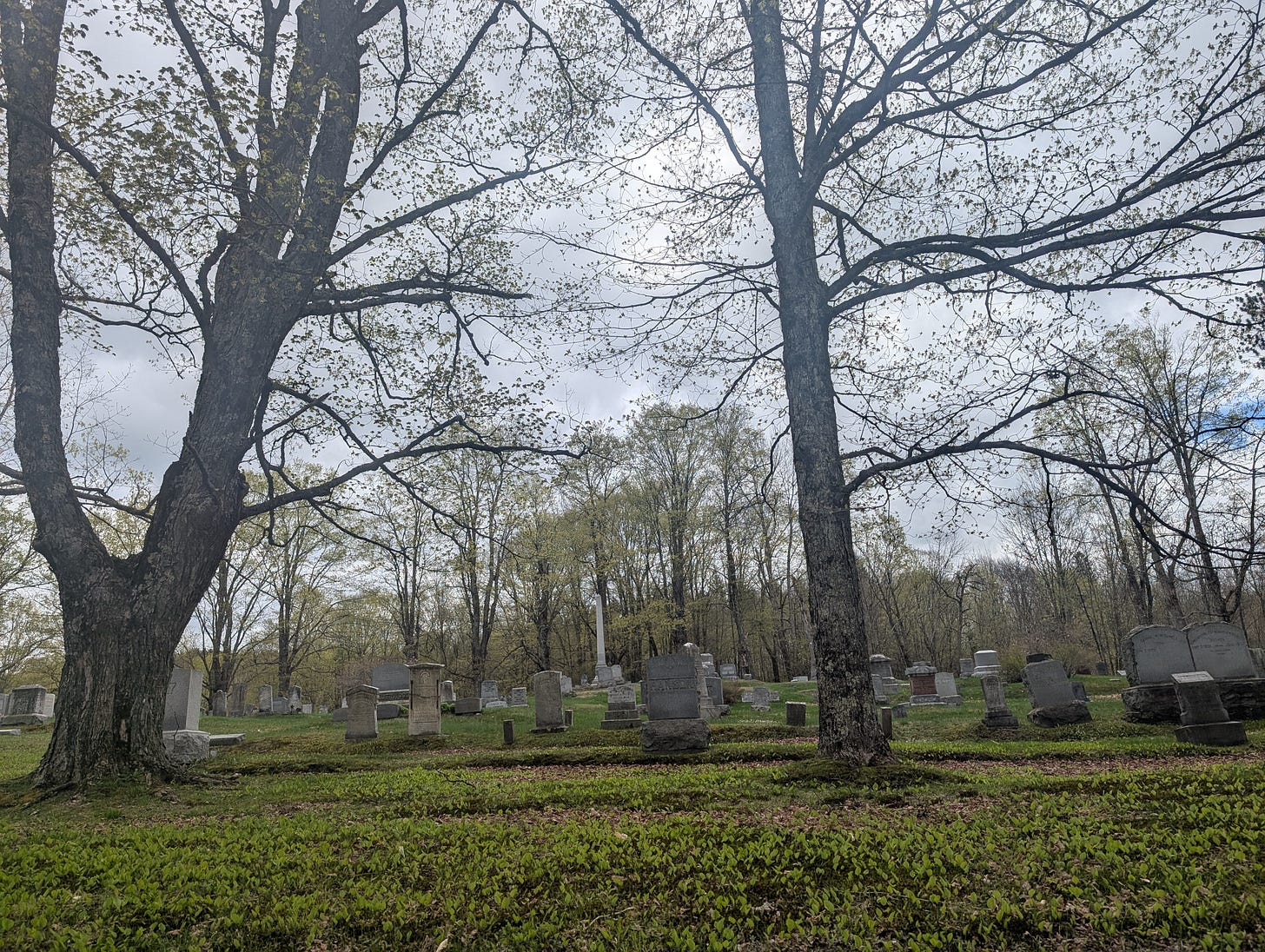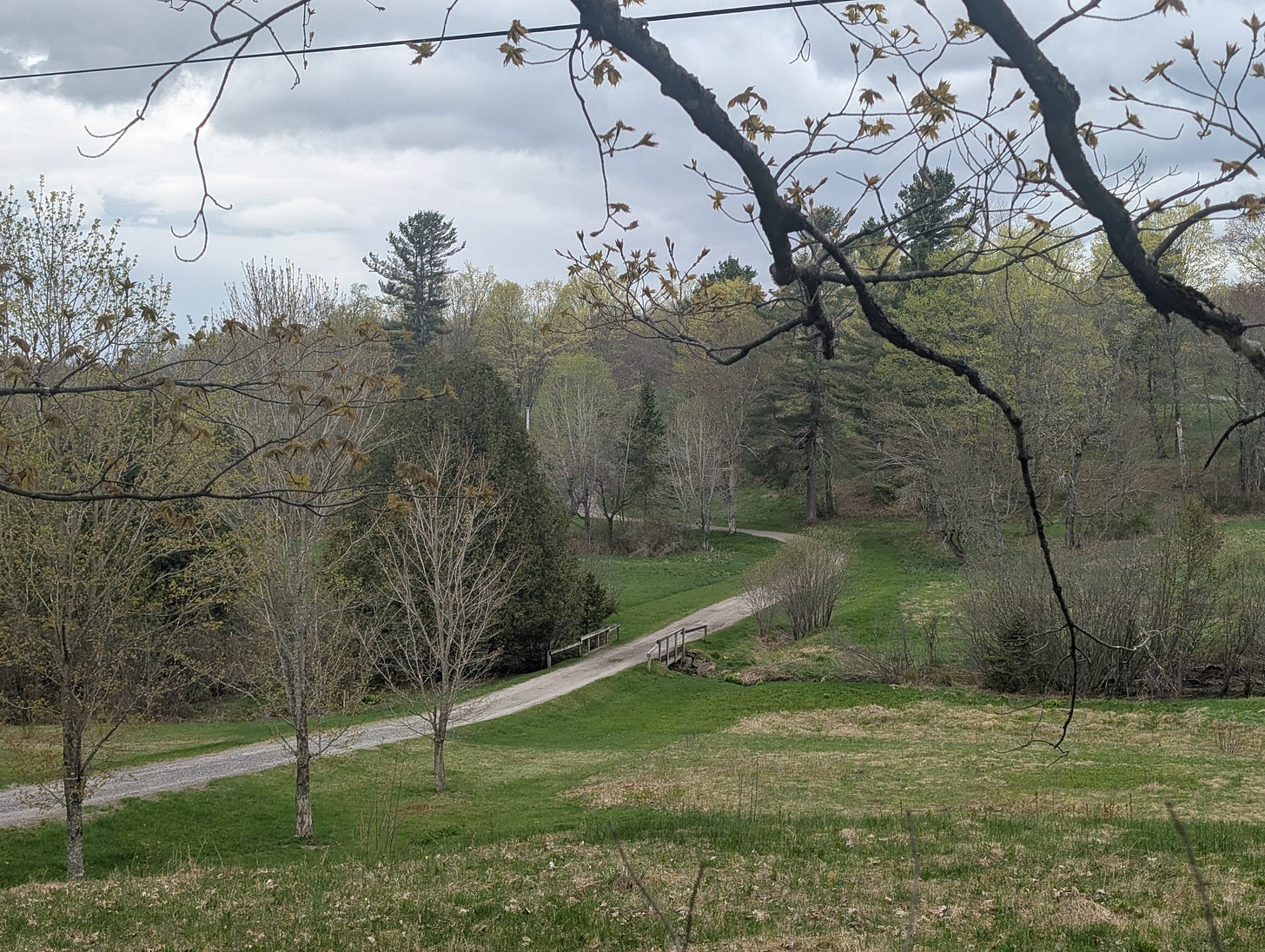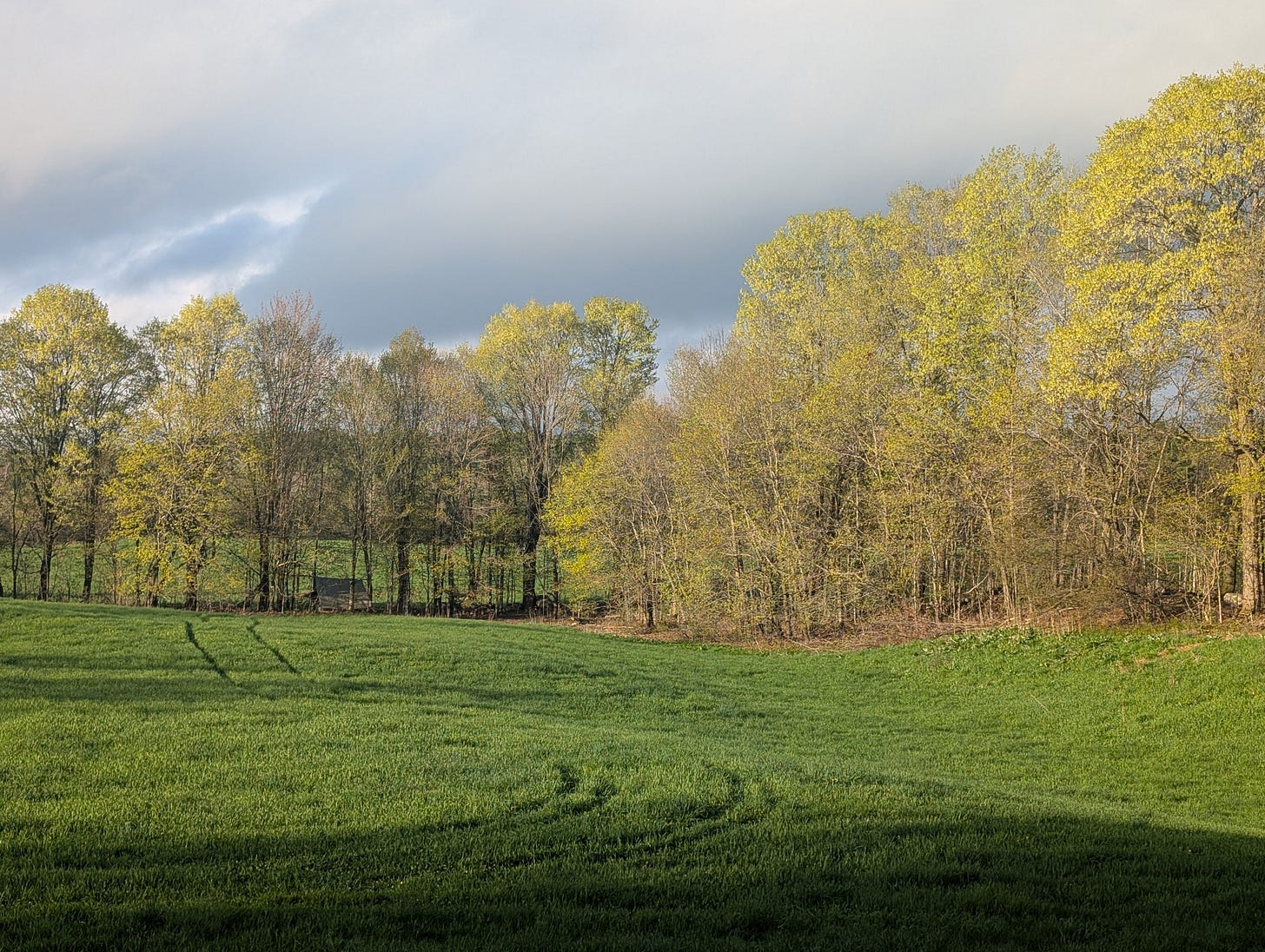The Lord Is Our Shepherd
It's in his Name
The Lord is my shepherd; I shall not want.
He makes me lie down in green pastures;
he leads me beside still waters;
he restores my soul.
He leads me in right paths
for his name’s sake.
Even though I walk through the darkest valley,
I fear no evil,
for you are with me;
your rod and your staff,
they comfort me.
You prepare a table before me
in the presence of my enemies;
you anoint my head with oil;
my cup overflows.
Surely goodness and mercy shall follow me
all the days of my life,
and I shall dwell in the house of the Lord
my whole life long.
Psalm 23
They will hunger no more and thirst no more; the sun will not strike them, nor any scorching heat, for the Lamb at the center of the throne will be their shepherd, and he will guide them to springs of the water of life, and God will wipe away every tear from their eyes.
Revelation 7:18-19
We have several rich readings today about the Lord as our Lamb and our shepherd, another paradox in Christ’s identity that comes out of a fusion of opposites: Jesus leads the sheep, but he is the Lamb sacrificed for us, and so what is our synthesis? The Good Shepherd, that is, the shepherd who is willing to lay down his life for his sheep, the shepherd who makes himself the sacrifice.
That is why there is such intimacy there when he says, “My sheep hear my voice. I know them, and they follow me. I give them eternal life, and they will never perish. No one will snatch them out of my hand.” (John 10:27-28)
And then, of course, we have Psalm 23.
Since we are the sheep of the Good Shepherd, I want to try something a little bit different with the sermon this morning and be like sheep being led through Psalm 23. It’s of course a beautiful psalm, and it almost kind of feels like it’s a Mother’s Day psalm with its meadowy, pastoral vibe (and happy Mother’s Day, by the way). But it’s also it’s so familiar like the Lord’s Prayer, and how often do we get to marinate in it? How often do we get to lie down in the green pastures of God’s Word in this prayer? So let us walk through it like sheep.
“The Lord is my shepherd; I shall not want.”
I shall not want. What does that entail? Does that mean we're never hungry, never have needs? No, of course, it’s a deeper knowing that through God we have everything provided for us, even when it seems like we have nothing going for us, even when it seems like we're about to have it all taken away, no, because the Lord is my shepherd. A politician isn't my shepherd, a boss isn't my shepherd, my dad ain’t my shepherd and, I am sorry to say this on Mother's Day, but my mom's not my shepherd either. I love her and my grandmother so much! We are commanded to honor them. But the Lord is my shepherd. And while I am a pastor, a title that comes from “shepherd,” the better way to think of the role is “undershepherd,” serving at the privilege of the Chief Shepherd,1 helping you have a relationship with him, so maybe I should be “underpastor.” Honestly, I’d prefer Head Sheepdog. And I shall not want, because my master is good.
“He makes me lie down in green pastures; he leads me beside still waters.”
A few things are going on here. You might think, well, why does he need to make me lie down in green pastures? But then, I think, when was the last time I let myself actually lie down in a green pasture (much less literally)? The Sabbath was commanded for a reason; God knows that some of us need to be told to enter his rest and drink it in. Even though most Christians don’t strictly observe the Sabbath anymore, it is one of the most beautiful examples of how obedience to God is meant to be a gift to enjoy the life he’s given us, to enter into his rest. And apparently, some of us have got to be told to actually sit down and bask in his provision.
Now, as for “he leads me beside still waters,” we are sheep who, left to our own devices, don’t know how to reliably get to God’s peace. Maybe he’s given it to you anyway without trying. Maybe you’ve tried every fix known to man. What do you do? For me, I have to stop bleating long enough to listen for my shepherd’s voice so he can call me to water.
“He restores my soul.”
A beautiful line in its simplicity. Yet I appreciate what Hebrew scholar Robert Alter says, that the word nefesh does not mean “soul” but “life-breath” or “life” (I’ve added his full Psalm 23 translation to the bottom of this).
Don’t get me wrong, God does restore our immaterial souls too, our whole spiritual selves with him in his eternal rest, but I also appreciate that this psalm is emphasizing the lushness of life in God here and now in an urgent way. As Alter says, “The image is of someone who has almost stopped breathing and is revived, brought back to life.” He is a giver and restorer of not just the next life, but this life.
I also notice through this psalm that we are a bit player, while he is at the center. He makes me lie down, he leads me, he restores my soul, not me. We sheep are great and all, but we get scattered, we get scared, we get confused. We can't restore our own soul and life-breath, but God can.
“He leads me in right paths for His name's sake.”
More accurately, per Alter, “He leads me on pathways of justice for His name’s sake.” Now, you don't usually think of sheep particularly caring about justice.2 Here we begin to see more directly how this psalm blends our humanity with the sheep image. While parts of the psalm are more clearly in our human world, we still remember we are his sheep.
Scripture visualizes the difference between doing right and wrong like this: the wrong path is an uneven, crooked path that goes all over the place, overly complicated; it makes me think of how rationalizing looks. The “right path” is the “straight path” that goes forward in simplicity.
It is not always easy to do the right thing, but it is often simple. Perhaps those, too, are the paths of justice. Even when doing justice may be simple, we still need him to lead us because it is still hard.
Now let’s not skip over “for His name’s sake.” If you’ve read this psalm a thousand times, it’s an easy one to breeze past.
But there’s more to his Name than a name.
As most of us know, God’s people were not even allowed to utter God’s true name, so you turned to nicknames. Many Jews today call him Hashem, which means, “The Name.” Beyond the sheer reverence of not being able to approach him with his true name, sometimes we forget the power of names that the Israelites didn’t forget and neither did the early Christians. To pray “in the name of” God is not only what we call him by, like we’re adding his signature to our prayer list. His name is tied to his nature. His essence. His very being, which is Being itself.
And what’s in his Name? God’s relationship to us. And it’s another paradox.
He loves us because we are his children, yes, but he loves us first because of who he is. He loves. He doesn’t love me for what I do, because then I can do things to make him love me more or love me less. I could do things to make him say, “Ah well, I lost my sheep Joe, too bad.” But we know that’s not how it goes with God. His very being expresses his constant free choice to love us even when we have freely chosen not to love him. God, in his nature that is his Name, is He Who Loves Us, who can’t not have a relationship with us whether we want to have a relationship with him or not.
So he leads us not because we are particularly nice sheep, but “for his name’s sake”; he is our shepherd because that is just who he is.
“Even though I walk through the darkest valley, I fear no evil, for you are with me; your rod and your staff, they comfort me.”
Parts of this seem self-explanatory. No matter what I'm going through, no matter how dark it gets, no matter how bad it is, he’s there. Got it. Sometimes, I love thinking about how many people have said some translation of this verse, like its famous “the valley of the shadow of death” variant, in the toughest, most excruciating times of their life, billions of people over thousands of years. It is one of our great prayers of solidarity and communion with the saints across time.
As for the rod and staff, are they the same thing? No, it’s the psalmist expressing two different sides of our shepherd’s love. The staff, with its crook, can grab sheep out of tight spots and guide us back. The rod protects us from evil and wards off the wolves.
While perhaps not the primary meaning in the psalm, they both together still evoke for me some of the wisdom literature like Proverbs where we learn that it is the wise one who accepts rebuke. Sometimes we have to remember to let ourselves be rebuked by our Shepherd in his love.3 “Do not rebuke a scoffer, or he will hate you; rebuke a wise person and he will love you” (Prov 9:8). It’s a lifelong journey with us to love when God is using his rod and staff to protect us from our enemies, keep us out of trouble, and also tell us, “Nope, not that way, little sheep!” It sometimes takes both the protection and the prodding to get us through the darkest valleys. That’s how we know where to go. “Nope, not that way, my sheep, this way… Nope, not that way, my sheep, this way.”
“You prepare a table before me in the presence of my enemies; you anoint my head with oil; my cup overflows.”
Or as Alter says, “You moisten my head with oil,” which is intended to give less of a sacramental feel and more like God is giving us a luxurious massage. We’re back in the green pastures, but even more than that—it’s a reminder to connect with the joy of God’s love, saying “Lord, thank you for just loving on me. I don’t care whether I’ve got enemies when I’ve got your love.”
I know probably a lot of people don’t really think of themselves having enemies, and you may not have many human enemies, but we all have some spiritual enemies. In one way, none of us have human enemies; our enemies are not “flesh and blood,” but the unseen world of spiritual manipulation that can manipulate all of us against our better selves and turn us against each other (Eph 6:12). God is preparing you a table and providing for you and giving you every good gift not when your earthly and spiritual enemies are absent, but even while they are still clawing at you. Even in contention and chaos, there is always grace spilling out all over the place.
And finally, “Surely goodness and mercy shall follow me all the days of my life, and I shall dwell in the house of the Lord my whole life long.”
Again, while I love this classic reading, I also like Alter’s rendering: “Let but goodness and kindness pursue me all the days of my life.”
It helps me pray: Lord, my shepherd, let your loving goodness pursue me. I know it does, for I know you do. That’s in your Name. And I know no matter what, my whole life long, I can dwell in your house because somehow, sinner that I am, clueless and confused sheep that I am, you have said you will make your house within me if I can remember to invite you in. I know you’ve got me.
And I know he’s got you.
It’s just as Christ said in those words in John: “My sheep hear my voice. I know them, and they follow me. I give them eternal life, and they will never perish. No one will snatch them out of my hand.” (John 10:27-28)
The Lord is our shepherd. That is just who he is. And he loves you because that is just who he is. Go and follow him through his pastures.
The LORD is my shepherd,
I shall not want.
In grass meadows He makes me lie down,
by quiet waters guides me.
My life He brings back.
He leads me on pathways of justice
for His name’s sake.
Though I walk in the vale of death’s shadow,
I fear no harm,
for You are with me.
Your rod and Your staff—
it is they that console me.
You set out a table before me
in the face of my foes.
You moisten my head with oil,
my cup overflows.
Let but goodness and kindness pursue me
all the days of my life.
And I shall dwell in the house of the LORD
for many long days.
Psalm 23 (Robert Alter’s Hebrew Bible translation)
1 Peter 5:1-4
I’ve never seen one at a protest, though it’s probably only a matter of time in Vermont.
It should go without saying, but doesn’t, that this concept has been used to justify physical and spiritual abuse by leaders and laypeople. I am reminded that, in particular, passages about using “the rod” have been used to abuse children and other humans. The concept of God’s rebuke gets routinely twisted to harm. Marissa Burt writes on things around this subject on her substack.







